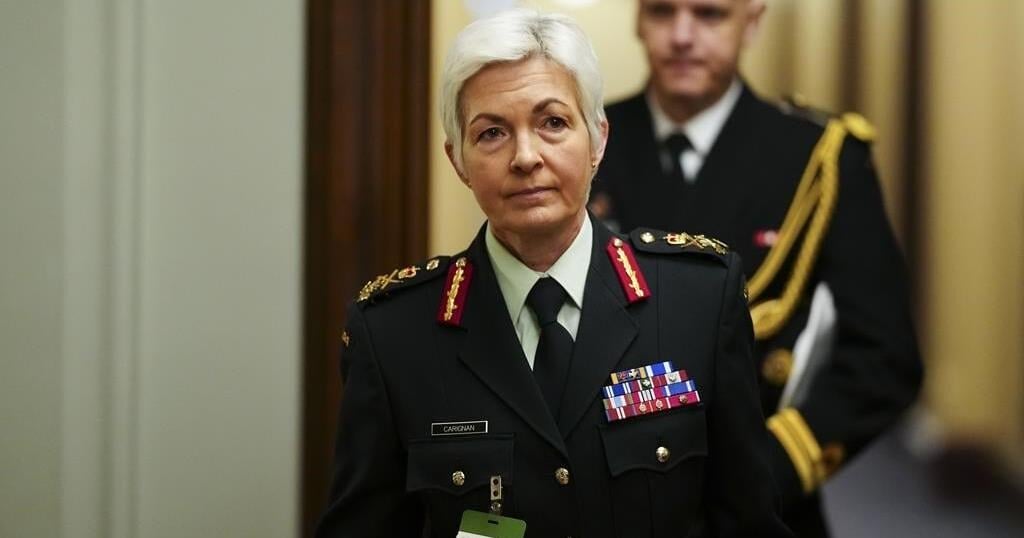Here is a roundup of stories from CanadaNewsMedia designed to bring you up to speed…
Two deaths in listeriosis outbreak linked to plant-based milk recall
Two people have died after an outbreak of listeriosis triggered a national recall of certain plant-based milks, the Public Health Agency of Canada said Wednesday.
Silk brand almond milk, coconut milk, almond-coconut milk and oat milk were recalled earlier this month, as was Great Value brand almond milk.
Most of the recalled products have best-before dates up to and including Oct. 4. Recalled products should be thrown out or returned to the location where they were purchased.
The agency did not provide details about the deaths in a public health notice issued Wednesday, but said there have been 12 laboratory-confirmed cases of the illness.
Carignan set to officially become defence chief
Lt.-Gen. Jennie Carignan is set to officially take over command of the Armed Forces this morning in a ceremony at the Canadian War Museum in Ottawa.
Carignan will also be promoted to the rank of general during the change-of-command ceremony.
She was chosen by the federal government to become Canada’s first female defence chief, and she’s no stranger to firsts.
Carignan was also the first woman to command a combat unit in the Canadian military, and her career has included deployments to Iraq, Afghanistan, Bosnia and Syria.
Ex-safety minister wants buffers for MPs’ offices
Former public safety minister Marco Mendicino is calling for the creation of “protective zones” around political constituency offices to shield members of Parliament and their staff from a rising tide of threatening behaviour.
Mendicino, a Toronto Liberal MP, said under the plan anyone who intimidated or otherwise harassed people within the buffer zone of perhaps 50 to 100 metres would be subject to harsher criminal penalties including jail time.
In an interview, Mendicino suggested spelling out such zones in regulations that will flow from the recently passed foreign interference bill, which contains new measures to protect essential infrastructure.
The former minister’s comments come as the attempted assassination of ex-U.S. president Donald Trump prompts renewed concern and discussion about the safety of Canadian politicians.
Ontario long-term care home evacuated amid flood
First responders say it took nearly 12 hours to rescue more than 100 residents from a flooded Mississauga, Ont., long-term care home after torrential rain pummelled the Greater Toronto Area on Tuesday.
Mississauga Fire Captain Dan Herd says the evacuation of Tyndall Seniors Village involved pumping out thousands of litres of water that had overflown from nearby Etobicoke Creek into the first floor and the parking lot, as water rescue teams used boats to transport residents to safety.
Herd says residents who were unable to walk were carried down the stairs from the upper floors, with the assistance of first responders and lifting equipment.
Peel Region paramedics’ acting Deputy Chief Tom Kukolic says 116 residents were relocated to two long-term care homes and two hotels, and none of them required emergency treatment.
Fredericton Pride parade to go ahead
Organizers of the annual Pride festival in Fredericton say the city’s scheduled events will go ahead as originally planned.
Fierté Fredericton Pride issued a statement Wednesday saying city officials have approved the parade application and that all required safety measures are in place.
This year’s edition of the popular festival and parade was thrown into doubt and called off on July 12 following what board members described as “intense harassment.”
A social media post dated July 4 referenced backlash received after naming an activist organization called Fredericton Palestine Solidarity as grand marshal in the city’s Pride parade.
—
This report by The Canadian Press was first published July 18, 2024
